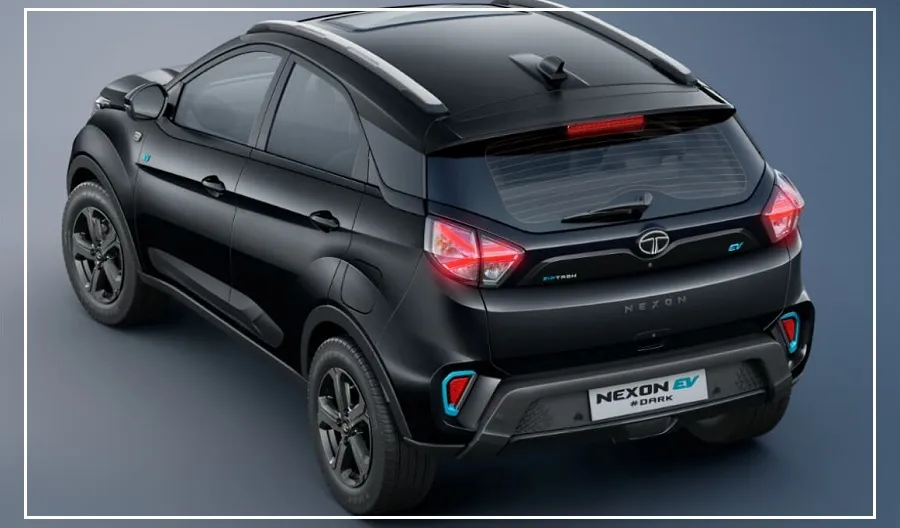New Delhi:
In a significant move to bolster the electric vehicle (EV) sector, the Central Government has given the green light to the EV policy, aimed at fostering indigenous manufacturing of electric four-wheelers.
The policy, sanctioned on March 15, is poised to reshape the automotive landscape in the country, ushering in a new era of sustainable mobility.
Key Highlights of the EV Policy:
Promotion of Domestic Manufacturing:
The EV policy entails a comprehensive framework to promote the manufacturing of electric vehicles within India.
Crafted by the Ministry of Heavy Industries, this policy blueprint is designed to accelerate the growth of the domestic EV industry.
Minimum Investment Requirement:
Auto manufacturing companies are mandated to invest a minimum of Rs 4150 crore in setting up manufacturing facilities for electric vehicles.
While a minimum investment threshold is set, there’s no upper limit, offering flexibility for companies to scale their investments.
Timely Establishment of Manufacturing Plants:
Under the policy, companies are required to establish manufacturing plants within three years and commence production of commercial electric vehicles.
Additionally, adherence to specific domestic value addition targets, such as 25 percent in three years and 50 percent in five years, is mandated to bolster local production capabilities.
Benefits for Companies and Consumers:
The EV policy extends several benefits to companies, including reduced custom duties on the import of limited cars and access to cutting-edge technology.
Moreover, it aims to fortify the EV ecosystem, fostering innovation and competitiveness in the market.
Custom Duty Implications:
Imported Completely Built Up (CBU) vehicles will incur a 15 percent custom duty. Additionally, a 15 percent custom duty will be imposed on the import of ready automobile parts, down from the existing 70 percent.
However, duty exemptions will be limited to 8000 cars annually for five years, with a cumulative discount of Rs 40,000 over the period.
Policy Implementation Timeline:
The government aims to roll out applications for the policy within 120 days, streamlining the implementation process and ensuring swift execution of key initiatives.
The EV policy is poised to revolutionize the automotive sector, driving innovation, investment, and job creation while fostering sustainable mobility solutions for India’s future.

























